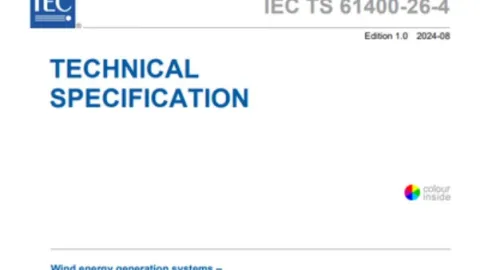News
Please note that you have to be a registered member with paid membership in order to see full articles.
Become a MemberSelected News

DGQ Launches Mentoring Program For Students And Young Professionals
The German Society for Quality (DGQ) has launched a two-phase mentoring program to connect students, young professionals, and experienced quality managers.
Public Consultation Closing for PAS 1958 on Built Environment Digitalization
A new standard aiming to unify data and information management in the built environment -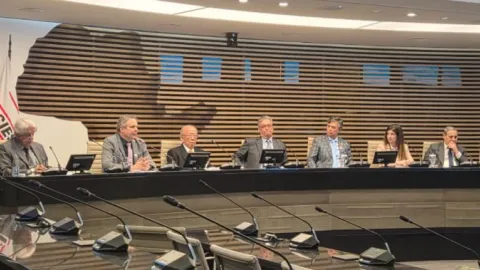
First São Paulo Quality Infrastructure Symposium Sets Agenda for Brazil’s Global Competitiveness
Leaders from Brazil’s standardization, metrology, and conformity assessment sectors gathered for the
Korean Foundation for Quality Named FSC Chain of Custody Certification Body in Korea
The Korean Foundation for Quality (KFQ) has been officially designated by the Forest Stewardship Council (FSC) as a certification body for FSC Chain of Custody (CoC) in Korea.
Revised Chinese Forest Stewardship Standard Boosts Biodiversity and Climate Resilience
China will implement a major revision of its Forest Stewardship Standard (FSS) on January 1, 2026,
Two Upcoming Standards Set to Complete EN 17860 Series for Safer Cargo Bikes
A full set of seven European standards in the EN 17860 series covering cargo bikes for transporting people and goods is close to completion.
Sweden Seeks Public Input on Draft of Revised ISO 9001
Sweden has joined countries inviting comments on the draft revision of ISO 9001,
Free ANSI Webinars on Navigating the American National Standards Process
The American National Standards Institute (ANSI) is inviting organizations, standards developers,
ASTM Limits Printing and Sharing of Standards With New Access Rules
ASTM International has begun applying digital rights management (DRM) technology to all standards and documents offered through
IEC Honors Eight Canadian Experts With 1906 Award
Eight Canadian specialists have been recognized by the International Electrotechnical Commission (IEC) with the prestigious
Registrations Open for Cofrac Forum on Accreditation and Certifications
The French Accreditation Committee (Cofrac) will hold the 12th edition of its Forum on Accreditation and Certifications on November 27, 2025, in Paris.
SAMR Seeks Proposals to Develop New ISO Standards for 2026
The Standard Innovation Department of the State Administration for Market Regulation (SAMR) in China is calling forGlobal News
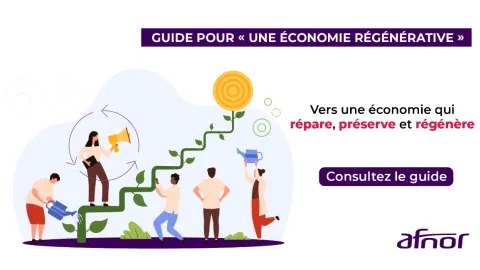
AFNOR Spec 2315 Lays Groundwork for Regenerative Economy Standardization
AFNOR has introduced AFNOR Spec 2315, a pivotal document designed to anchor the concept of a regenerative economy in standardization.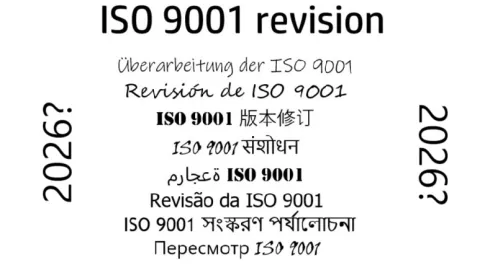
ISO 9001 Revision Progresses Toward 2026 Release
The International Organization for Standardization (ISO) has extended the development timeline for the ISO 9001 standard, now aiming for a September 2026 publication.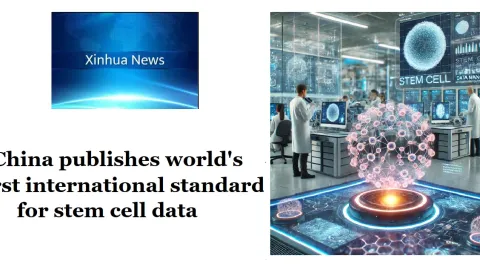
World’s First International Standard for Stem Cell Data Released
The world’s first international standard for stem cell data, ISO 8472-1, has been officially released, addressing the lack of global regulations for stem cell data management and sharing.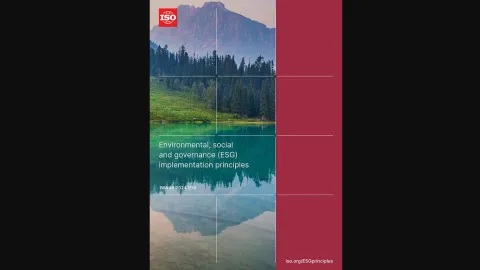
ISO Unveils Framework for Implementing ESG Principles at COP29 - IWA 48 published
The International Organization for Standardization (ISO) introduced the ESG Implementation Principles at COP29 on November 14, 2024.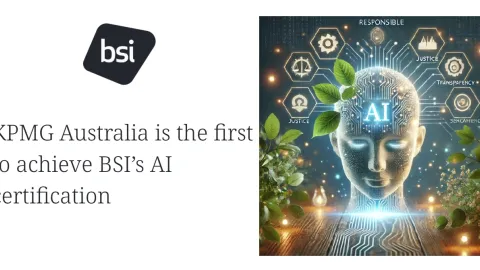
KPMG Australia First Globally to Earn BSI AI Management Certification
KPMG Australia has become the first organization worldwide to receive certification from BSI for its AI management system.
Standards Organizations Unite at COP29 to Drive Climate Action; launched first-ever Standards Pavilion
International standards organizations have joined forces to highlight the critical role of standards in accelerating climate action at COP29.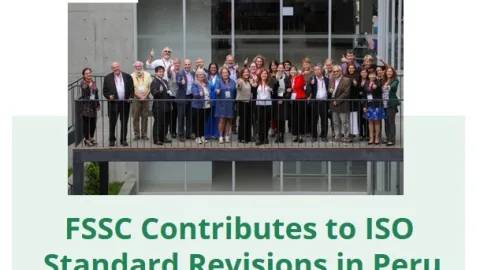
ISO Begins Review of ISO 22000 to Address New Food Safety Trends
The ISO 22000 standard, which sets food safety management system requirements, has entered its review phase to adapt to emerging global trends and industry needs.
IFS Wholesale and Cash & Carry Version 3 Launching in November with Major Updates
IFS has announced the upcoming release of IFS Wholesale and Cash & Carry version 3, aimed at enhancing safety and quality for wholesalers, cash & carry businesses, and packaging companies.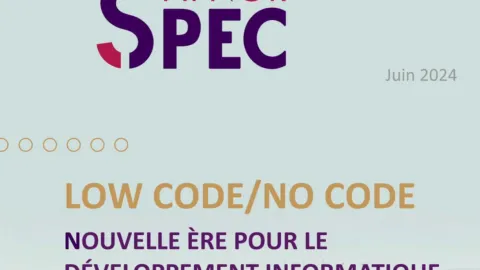
AFNOR Spec: New Standard for Simplifying Digital App Development with "Low-Code/No-Code"
The Syndicat Français des Professionnels du NoCode (SFPN), backed by AFNOR, has launched AFNOR Spec, a new technical document dedicated to "Low Code and No Code" (LCNC) technology.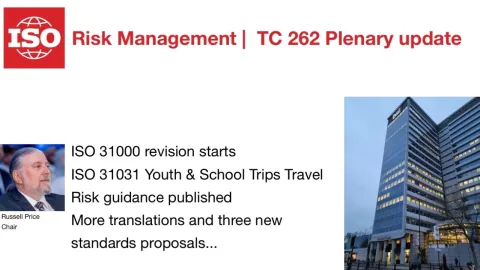
ISO Committee for Risk Management Reports Progress on ISO 31000 Revision at London Plenary
The ISO Technical Committee 262 (TC262) for Risk Management recently convened in London.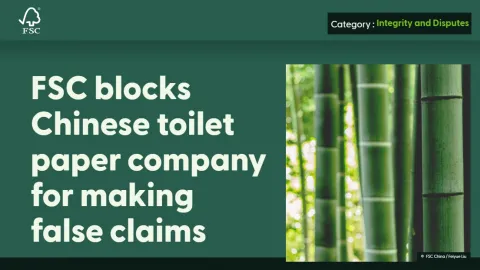
Chinese Toilet Paper Supplier "Join Bums" Loses FSC Certification Over False Bamboo Claims
The Forest Stewardship Council (FSC) has suspended the certification of "Join Bums" for falsely claiming that its bamboo toilet paper rolls were FSC 100% certified.